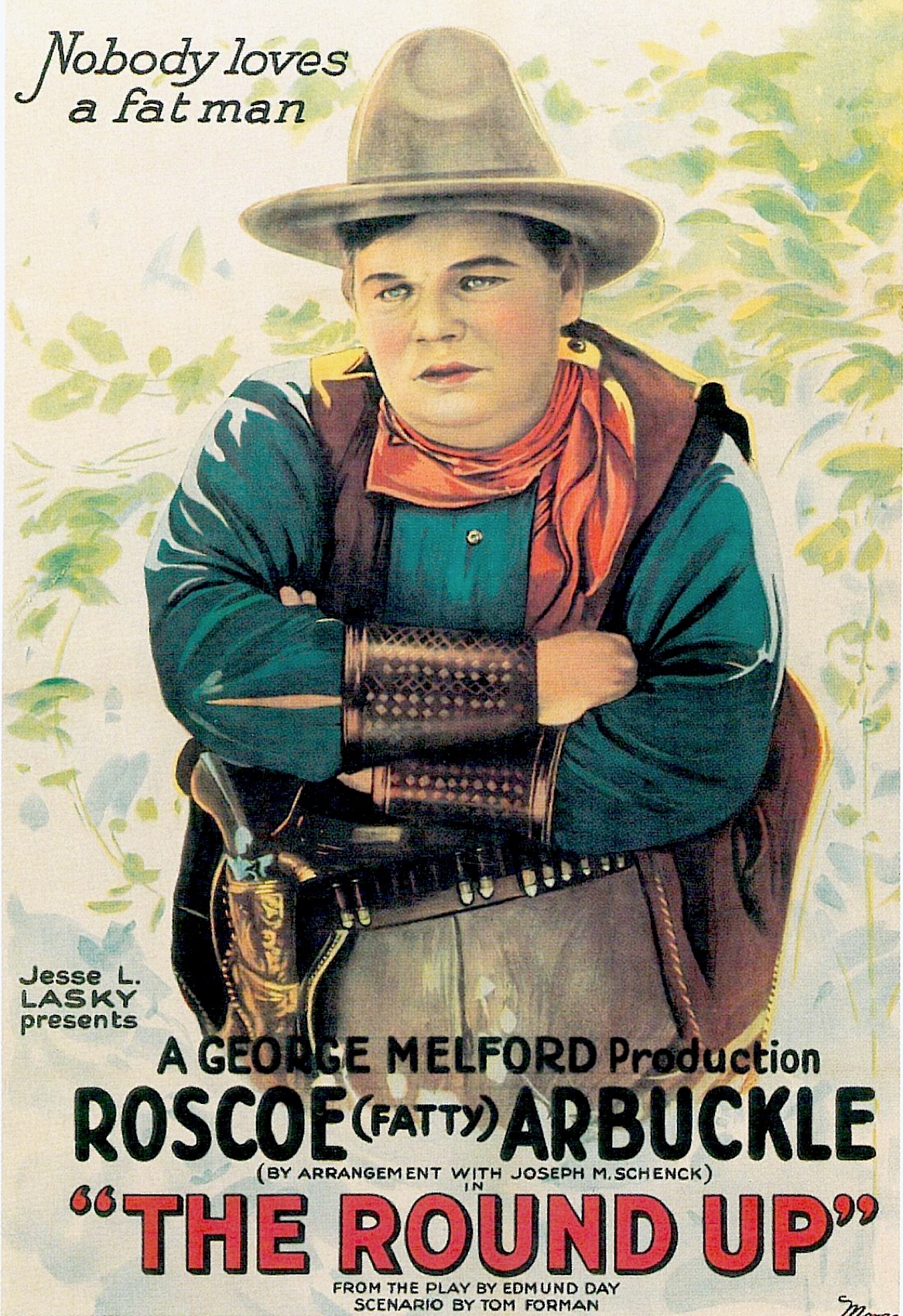I can never make a list of the ten best or my ten favorite movies because once I get started I keep remembering the ones that absolutely have to be on the list. But this is the one that always claims a place somewhere, higher or lower. It is maybe the one essential movie, the one without which life would be just a little poorer. The play on which it's based,
The Front Page, was no slouch to start with. Ben Hecht and Charles MacArthur crafted the single best portrait of what it might have been like -- according to the accounts of others -- to be a newspaper reporter in the first half of the twentieth century, when there was neither television nor the Internet to make one's profession obsolescent. We don't have to believe that it was always like that, but just that occasionally reporters in the big cities had moments like the ones shown in the movie. And then Charles Lederer, with uncredited help from Howard Hawks and Morrie Ryskind, turned it into a romantic screwball comedy by changing the sex of one of the leads, Hildy Johnson, from male to female. And after lots of actresses who would have been just fine in the part (Katharine Hepburn, Carole Lombard, Irene Dunne, Jean Arthur) turned it down, Hawks cast Rosalind Russell in probably her greatest role. Is there a better matched team than Russell's Hildy and Cary Grant's Walter Burns? We can see both why they got divorced and why they could never be separated. And adding Ralph Bellamy as the patsy was a masterstroke, even though it's essentially the same role he had played three years earlier in
The Awful Truth (Leo McCarey, 1937): the stuffy guy who loses out to Grant, perhaps because, as Burns observes, "He looks like that guy in the movies, you know ... Ralph Bellamy." The whole thing moves so brilliantly fast that you don't have time to reflect on the film's flaws, which include a racist gag about "pickaninnies" and a deep confusion about whether it's satirizing or valorizing its characters' callous indifference to other human beings -- notably the moment when Hildy sardonically refers to her fellow reporters as "Gentlemen of the press" after their harassment of Mollie Malloy (Helen Mack), but then immediately reverts to get-the-story-at-any-price behavior. What keeps it all skimming swiftly above reality is the astonishing skill of the leads (notice how long some of the takes are to realize how great their timing and command of dialogue was) and a gallery of the great character players of the Hollywood golden era: Gene Lockhart, Roscoe Karns, John Qualen, and especially the hilarious Billy Gilbert as Joe Pettibone: If you can tear your eyes away from him long enough, watch how hard Grant and Russell are working to keep from cracking up at his performance. Oh, hell, stop whatever you're doing and just go watch it.













